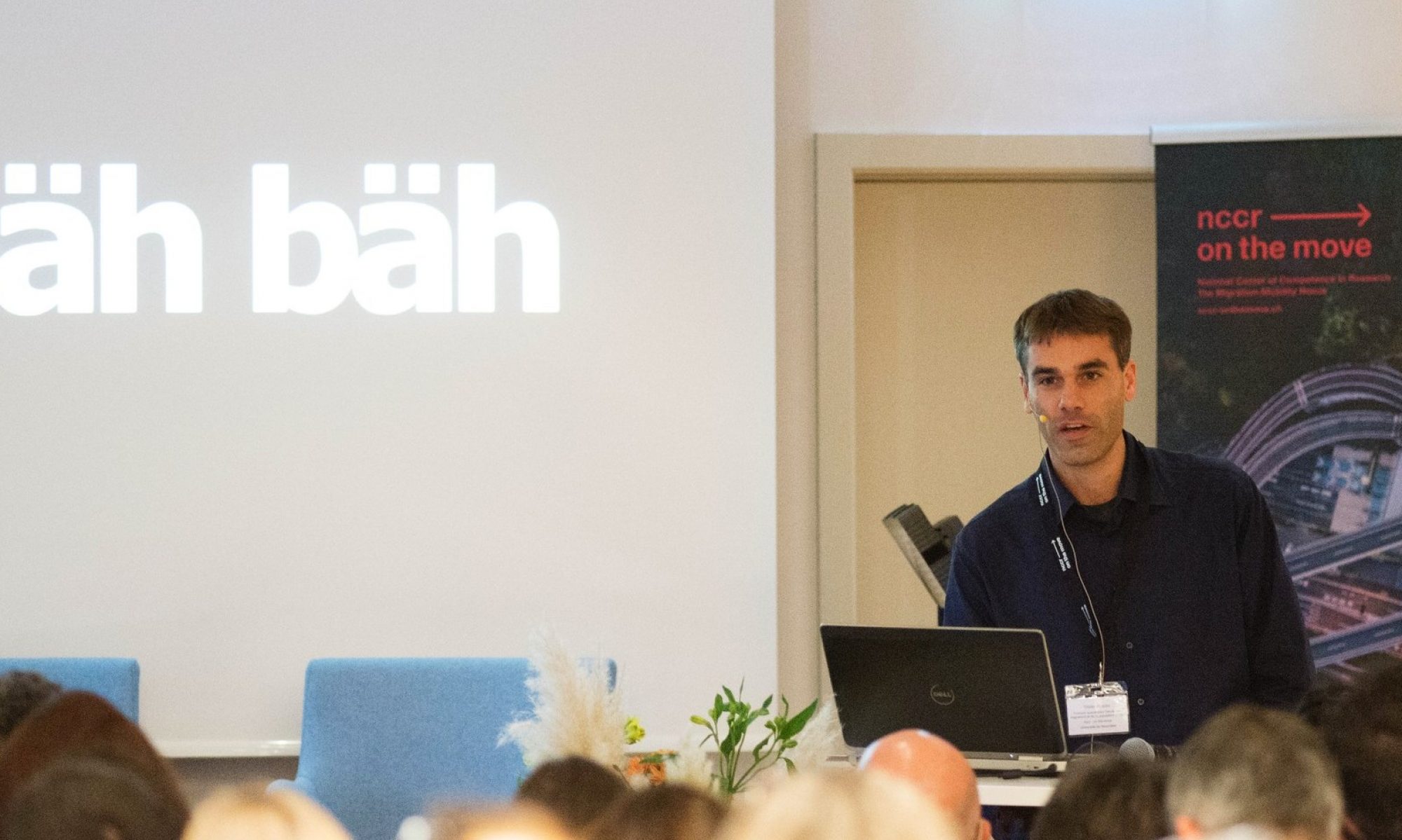I love academic spam: it lightens the day! Here’s the book chapter edition, fresh from the inbox…
Topic: “[title of something I wrote 10 years ago]” Selected as a Potential Book Chapter
This is nice, it’s not the usual submit anything, but they have selected my work⸮ Silly enough to send me two e-mails within 10 minutes so that I’ll immediately see that this is not genuine.
Dear Dr. Didier Ruedin,
Congratulations, you’re scraping public information correctly!⸮ Seriously, this puts you in the upper half of spammer, an elite so to speak ;-)
We are glad that you are reading this email. We hereby heartily congratulate you on the publication of your following paper. We appreciate your hard work and sincerity behind the publication of this excellent paper.
Thanks, but why would a potential book editor appreciate my hard work? You’re selling books, supposedly, so maybe you care about the product, but the work behind the publication? The funny thing is that in this case, we’re looking at 4 pages of text including title and references, some cross-tables — but of course, the careful selection by the editor automatic scraping couldn’t see that.
in Social and Behavioral Sciences
Yes, that’s a highly specific title, I’m sure it’s going to be read by many people ⸮
Then they add two paragraphs on the importance of publishing for academic careers and how they are publishing a book a day, and have a high score on Trustpilot (!). A book chapter or a book by a spammer will not enhance anyone’s career, it’ll make them a little richer. If the authors are lucky, nobody will notice, if they are unlucky, they will ruin their career with this…
We are overwhelmed with pleasure for this tremendous response from researchers like you.
Great, though I haven’t seen that many blog posts about this “service”. I’m not exactly overwhelmed, but amused for a moment (although I could think of other amusements if pressed, so please don’t take this as an encouragement!).
Book: Recent Research Advances in Arts and Social Studies (Series)
Hang on, this is a different title… I’m getting confused!
We’re happy to inform you that your paper has been selected to be included as one of the potential book chapters of the above book. You’re also welcome to publish your other research papers, which have been published in other journals. If you have any fresh manuscripts, you can submit them for review and inclusion as book chapters.
Nice, the usual spammy-thing: just send us anything, it’ll be fine! They even offer a discount and promise professional editing, fast turnaround, DOI, open access, whatever.
They even include a link to their price list; compared to other spammers, this one is actually cheap, my 4 pages would be less than $150, full-length chapters come in at under $200!
